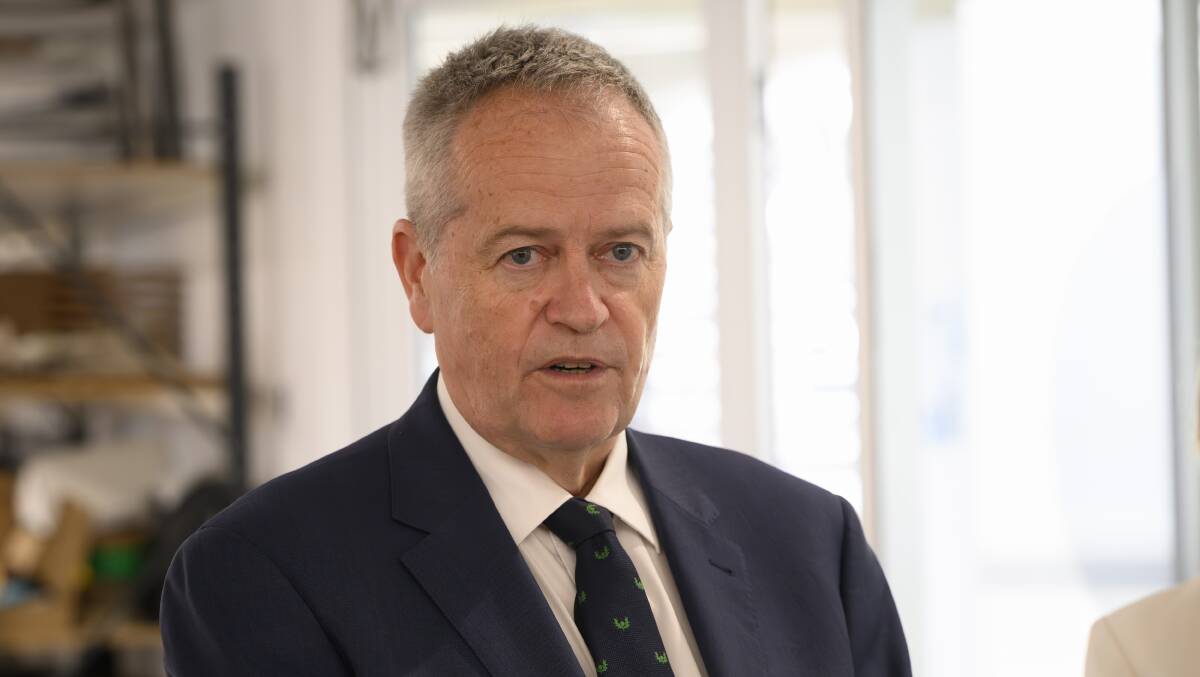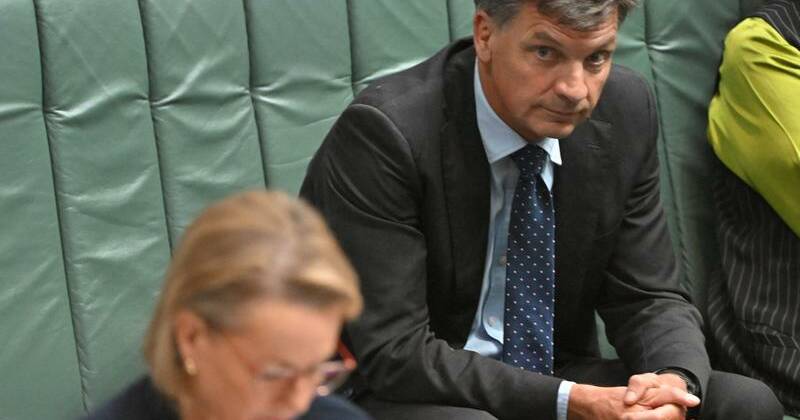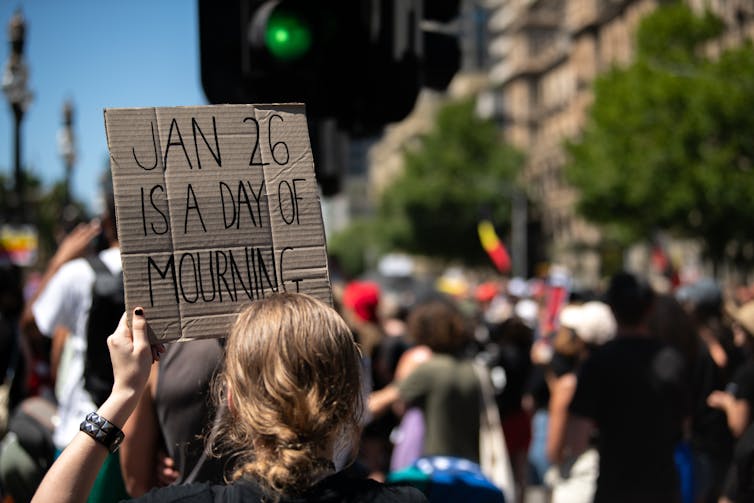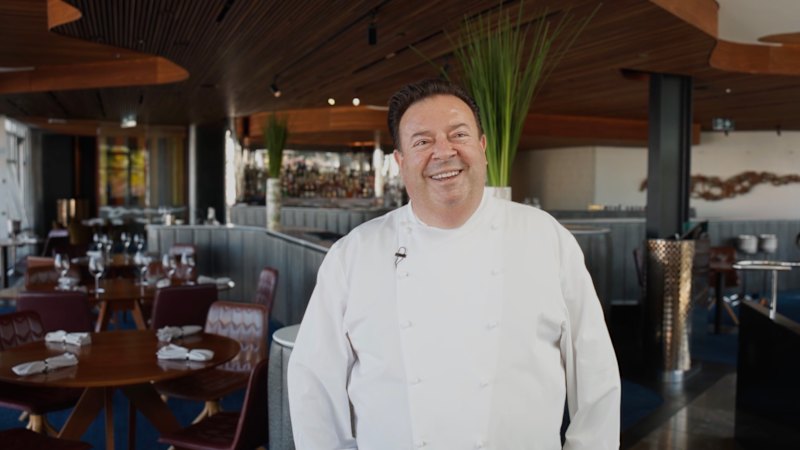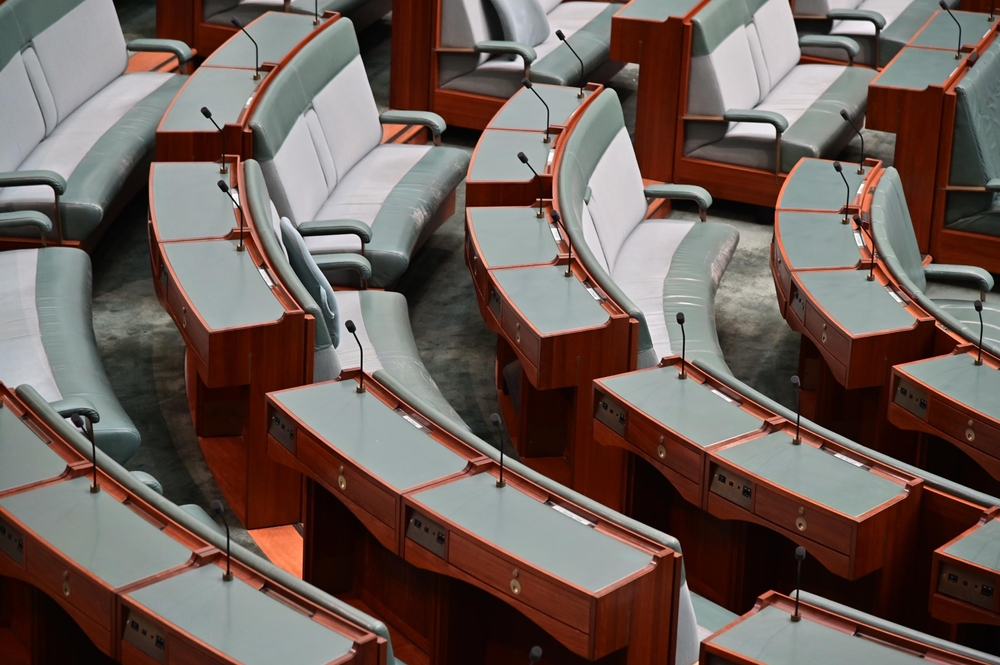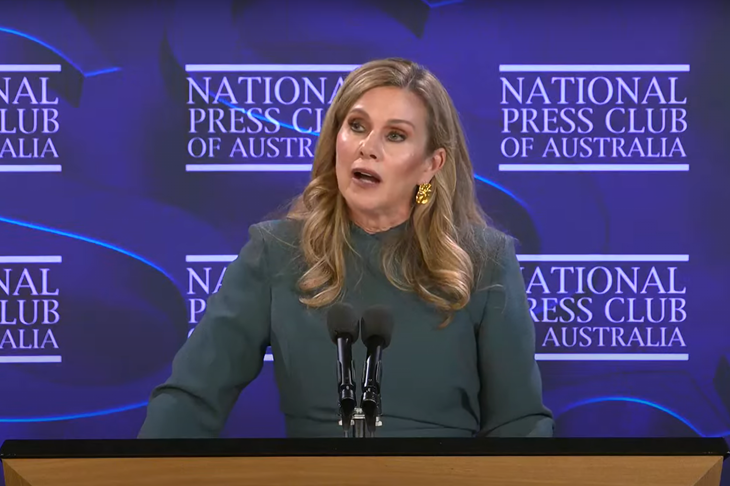
BREAKING: The Australian government has just announced a controversial social media ban targeting users under the age of 16, set to take effect in December 2025. This unprecedented move will restrict access to major platforms including Instagram, Facebook, TikTok, Reddit, X, Snapchat, and now YouTube, which was recently added to the government’s digital blacklist.
Officials claim the ban is designed to protect children from “predatory algorithms” and harmful content. However, critics argue this policy represents a dangerous shift towards increased surveillance and censorship, severely limiting young people’s freedom to engage with essential online resources.
Communications Minister Anika Wells defended the ban, stating, “We can’t control the ocean, but we can police the sharks,” referring to tech giants like Google. This statement has drawn ire, with many believing it misrepresents the reality of digital literacy and parental responsibility.
The inclusion of YouTube in the ban is particularly contentious. Unlike typical social media platforms, YouTube serves as a vital educational and entertainment resource. Critics argue that preventing young users from creating accounts denies them the opportunity to develop essential digital literacy skills.
Moreover, the ban only restricts account creation; children can still view videos without an account. This effectively limits their ability to interact and share, raising questions about the real intent behind the policy.
As part of enforcing this ban, platforms will be required to verify the ages of all users, raising concerns about privacy and data security. Current technology for age verification is unreliable, suggesting that biometric data or digital IDs may be necessary, which could de-anonymize the internet for everyone.
This move follows similar guidelines from the UK’s Online Safety Act, which mandates age checks for adult content. Critics in the UK have already reported users turning to VPNs to bypass these restrictions, highlighting the potential for similar responses in Australia.
“The road to a surveillance state is paved with good intentions,”
said eSafety Commissioner Julie Inman Grant, who has been criticized for misunderstanding the implications of such policies. Many argue that instead of empowering families and enhancing digital literacy, the government is positioning itself as an overreaching authority.
While acknowledging the mental health risks associated with social media, experts insist that outright bans are not the solution. They advocate for transparency from platforms about their algorithms and better educational resources for parents and children alike.
The Australian government’s approach has already faced backlash, including from popular children’s entertainers like The Wiggles, who are publicly opposing the ban. This growing dissent signals a possible shift in political sentiment, with the opposition coalition poised to challenge the policy based on principles of free speech and limited government intervention.
As the debate continues, parents and young people alike are left in uncertainty about what this ban will mean for their online interactions. The implications of this decision will likely echo through Australian society, impacting everything from education to entertainment.
With mounting pressure and public scrutiny, it remains to be seen how this policy will be implemented and whether it can withstand the criticism it has already received. The government is urged to reconsider its approach and prioritize effective solutions that empower rather than restrict.
WHAT’S NEXT: Watch for reactions from advocacy groups, parents, and tech companies as Australia navigates this controversial policy. The unfolding impact on youth engagement and digital literacy will be critical to monitor as December 2025 approaches.
